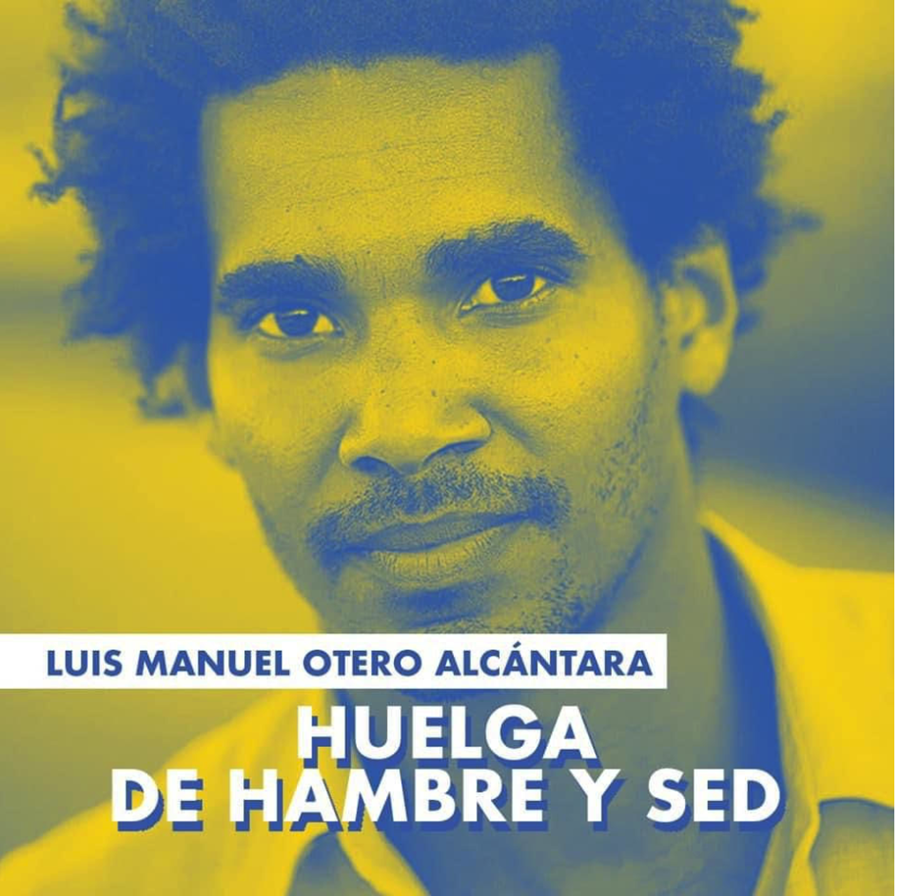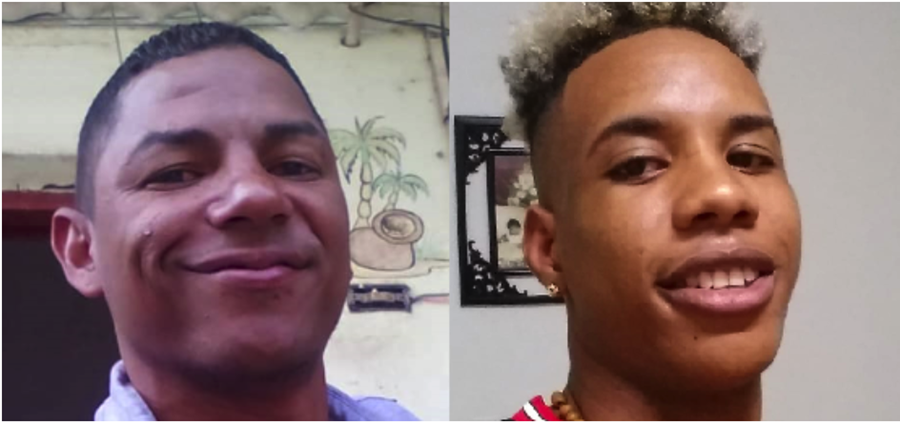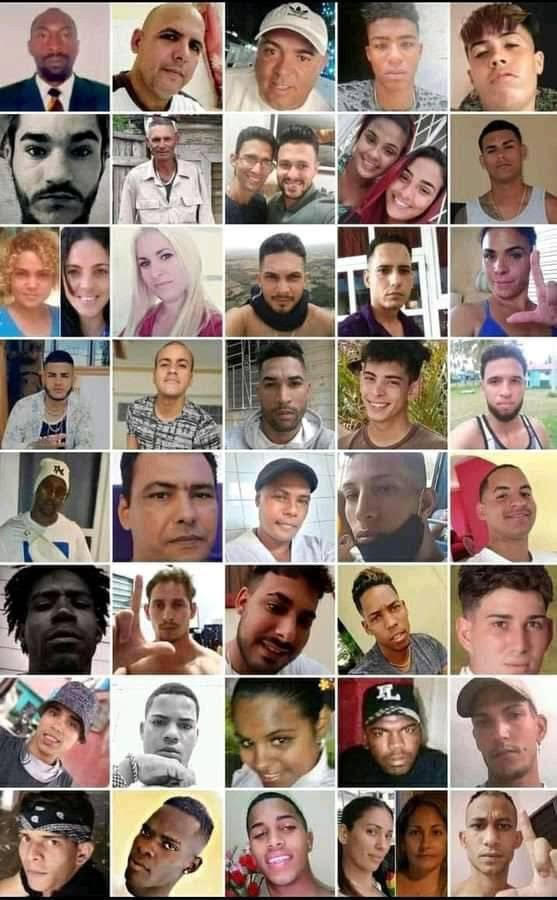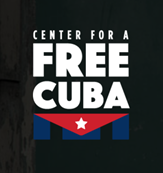To promote a peaceful transition to a Cuba that respects human rights
and political and economic freedoms

Extrajudicial killings continue in Cuba. Cuban workers in semi-slave conditions exploited by Castro regime & Western corps. Regime admits to 710 on trial.

Today is the 169th anniversary of the birth of José Martí, Luis Manuel Otero Alcántara, one of the leaders of the San Isidro Movement, is on day 10 of a hunger and thirst strike protesting his unjust imprisonment in Cuba. Hundreds of sons and daughters of Cuba are being subjected to political show trials for expressing themselves, peacefully assembling, and/or reporting on what happened during the protests of mid-July 2021.
Extrajudicial killings continue in Cuba, and the dictatorship does all it can to cover up these crimes, but some information not usually reported on, was published in The Washington Post with links to substantiate them January 27, 2022.
Cuban President Miguel Díaz-Canel appeared on state television after the 11J protests started on July 11, stating, “The order of combat is given, revolutionaries take to the streets.” This directive incited government security forces to commit violence against civilians. They shot and killed unarmed demonstrators.
Authorities recognized one death in these protests. Diubis Laurencio Tejeda was a 36-year-old singer who was shot in the back by the National Revolutionary Police (PNR) in Havana on July 12. There are others, but they have not been officially recognized.
Christian Díaz, age 24, disappeared after joining the protests. Relatives on July 12 reported him missing to the PNR in Cárdenas. Police told his father that Christian was jailed in Matanzas. On Aug. 5, officials informed his family he’d drowned in the sea and was buried in a mass grave. His family is convinced he was beaten to death.
This isn’t the first time Havana has covered up state murders. The 2012 killings of Cuban dissident leaders Oswaldo Payá and Harold Cepero by security forces are two high-profile examples.

Diubis Laurencio Tejeda (age 36) and Christian Díaz (age 24) killed by Castro regime.
Euronews on the same day reported on the exploitation of Cuban workers by the Castro regime citing that "human rights organisations and MEPs have claimed that European companies are using Cuban workers in conditions of semi-slavery." European Parliament vice-president, Dita Charanzova, called on Europe to uphold its human rights standards.
“The European Union has a framework agreement with Cuba and it was actually the European Parliament that had a condition during the ratification process of this agreement, which was a strong Human Rights clause," Charanzova told Euronews. "I think it is really now the time to properly implement and enforce this agreement. And I think that these cases demonstrate the urgency for the European Union to have a ban on forced labor.” The income international Cuban missions generate is the main source of revenue for the Cuban Government abroad since at least 2005.
Reuters reported on information released by the Castro regime regarding the hundreds of show trials taking place. The official claim is that 710 Cubans have been charged, but there is no way to independently verify the information through official channels. The data provided by the prosecutor's office cannot be trusted. This leaves human rights defenders having to reach out to families of the detained, who are threatened by the secret police. This is a difficult and necessary process to obtain at least partial numbers.
The Cuban prosecutor's office said Tuesday [ January 25] it had thus far charged 710 people with crimes including vandalism, assault against people or property, and "grave public disorder."Human rights groups, the U.S. government and the European Union have slammed the trials of the protesters, saying they lack transparency and that long jail sentences were disproportionate with the crimes committed.
Transparency is non-existent in Cuba, and the efforts of the governing regime is to increase the cost for spontaneously reporting on events unfolding in the island that portray the government in a negative light. Whereas, the U.S. Guantanamo Naval Base has granted the International Committee of the Red Cross over a 100 visits to the prison there since 2002, Havana has permitted zero visits to Cuban prisons over the same period.

Some of the Cubans currently subjected to these politicized proceedings.



No hay comentarios:
Publicar un comentario